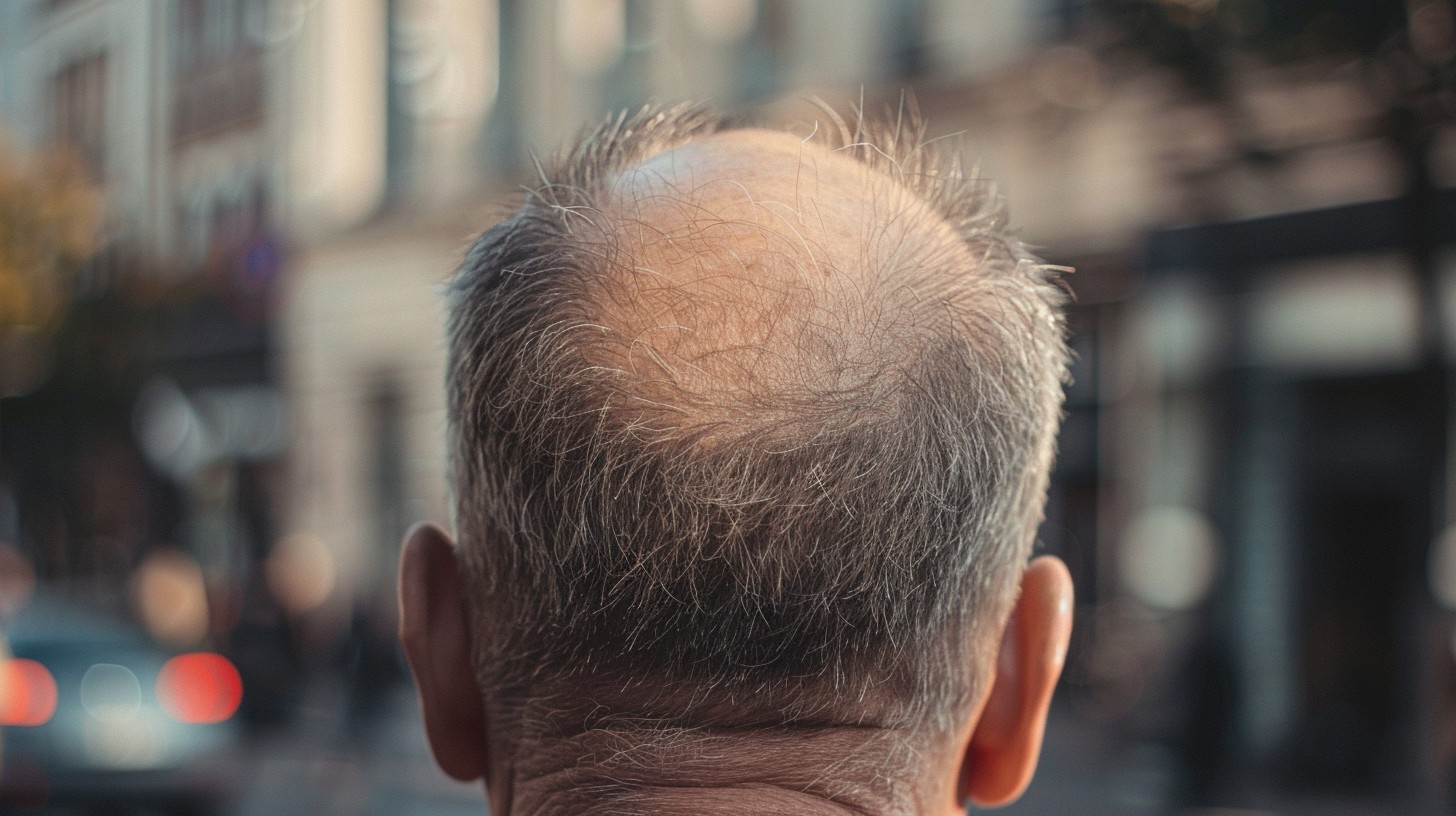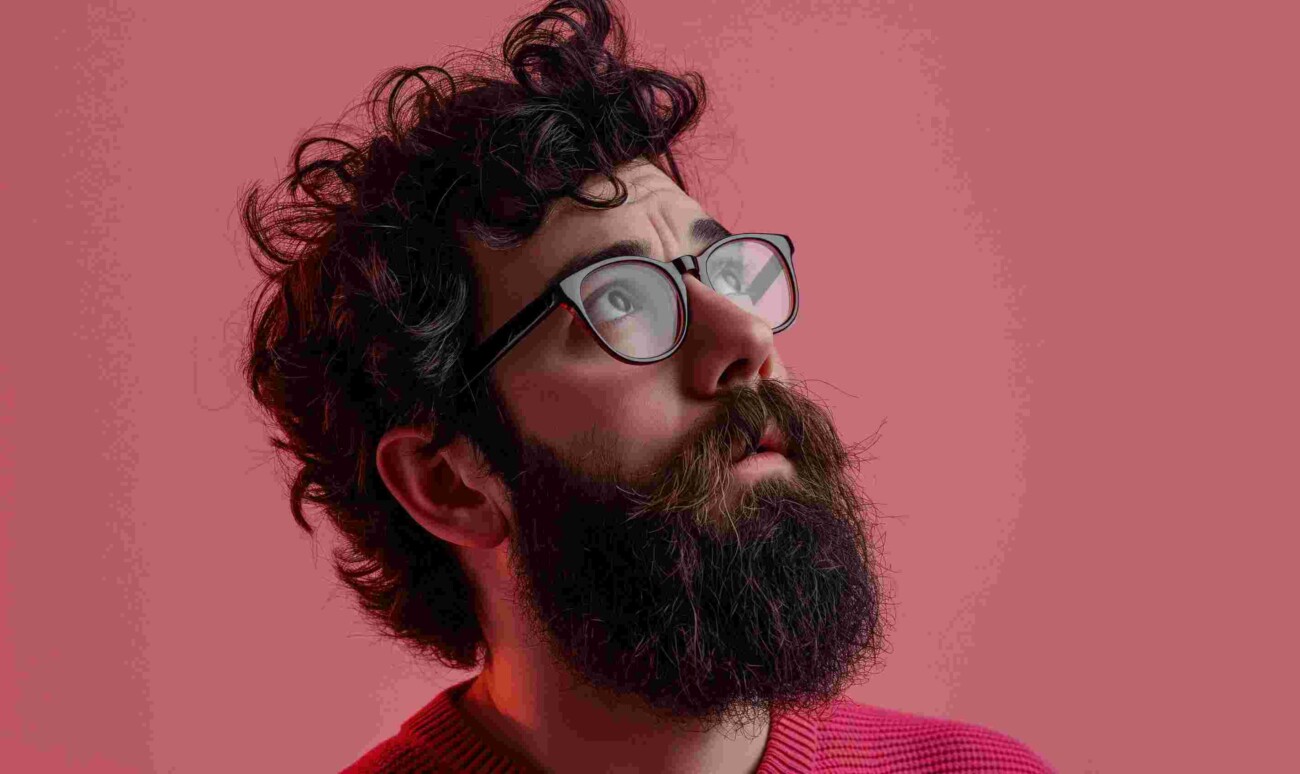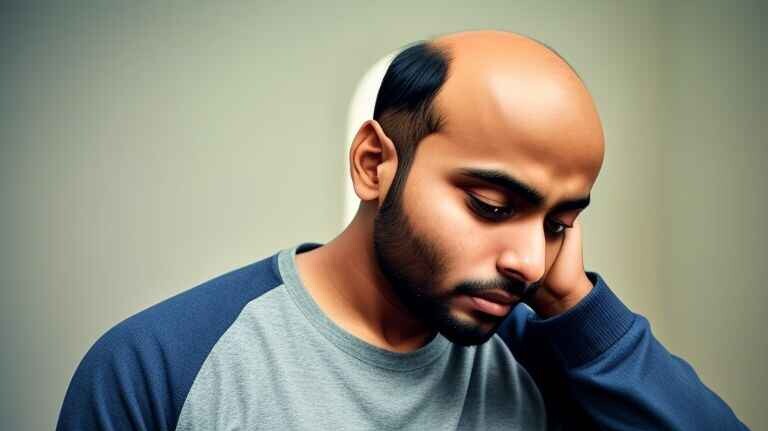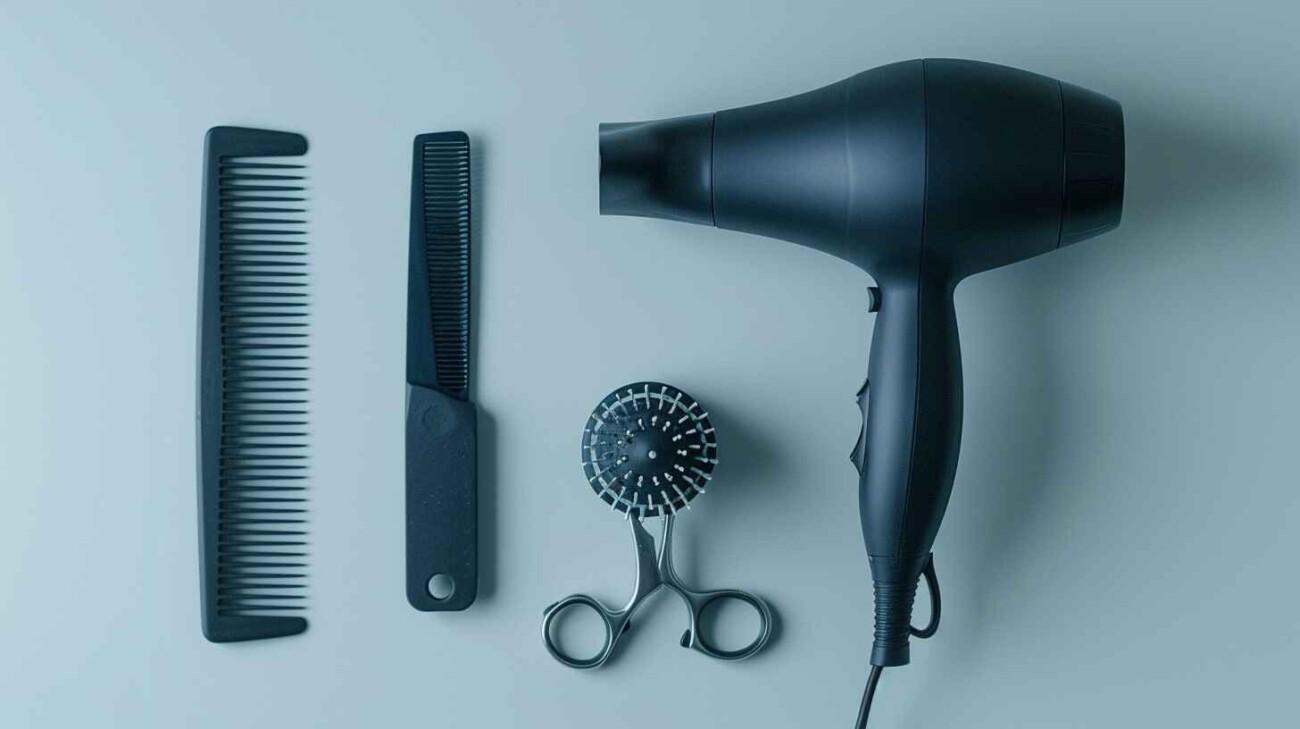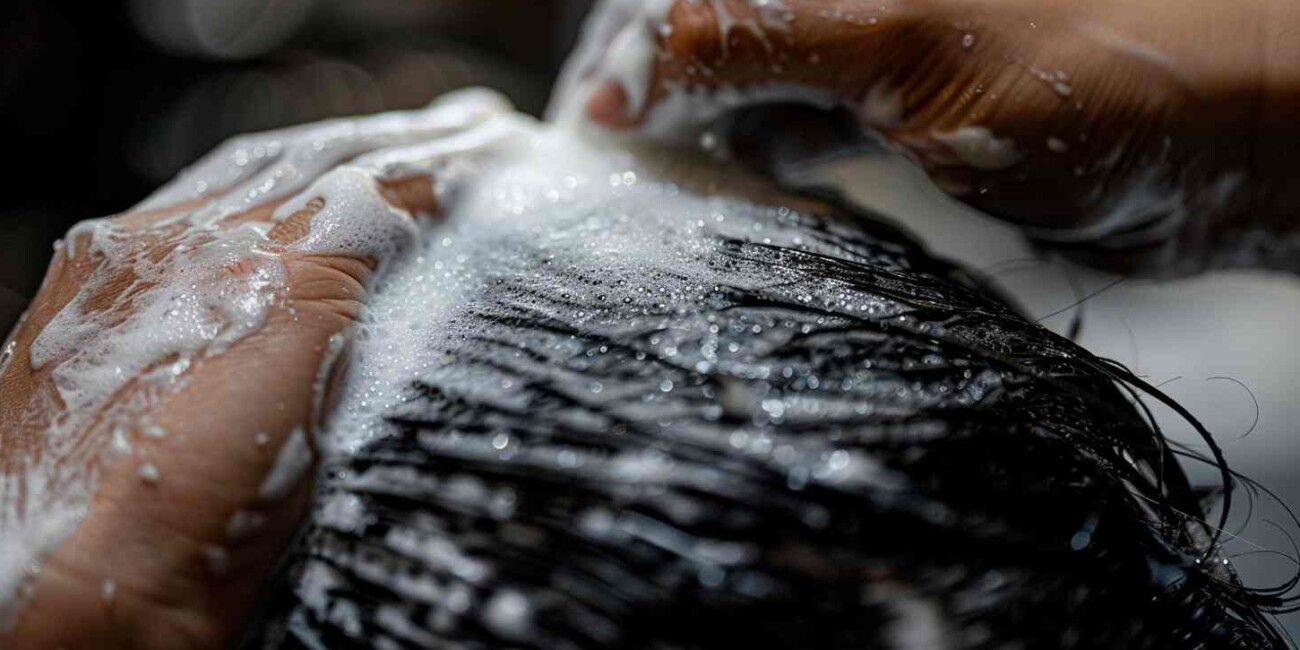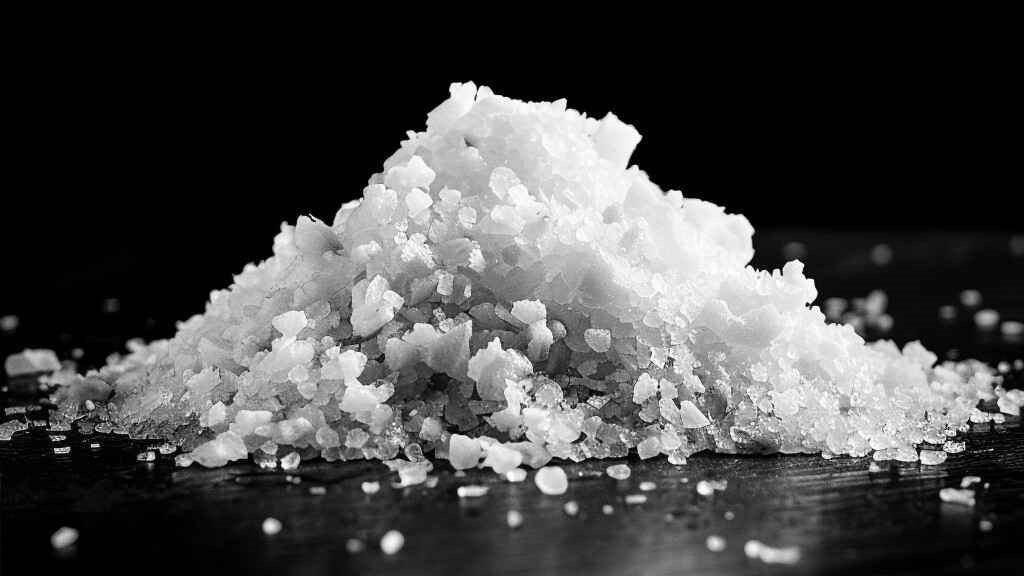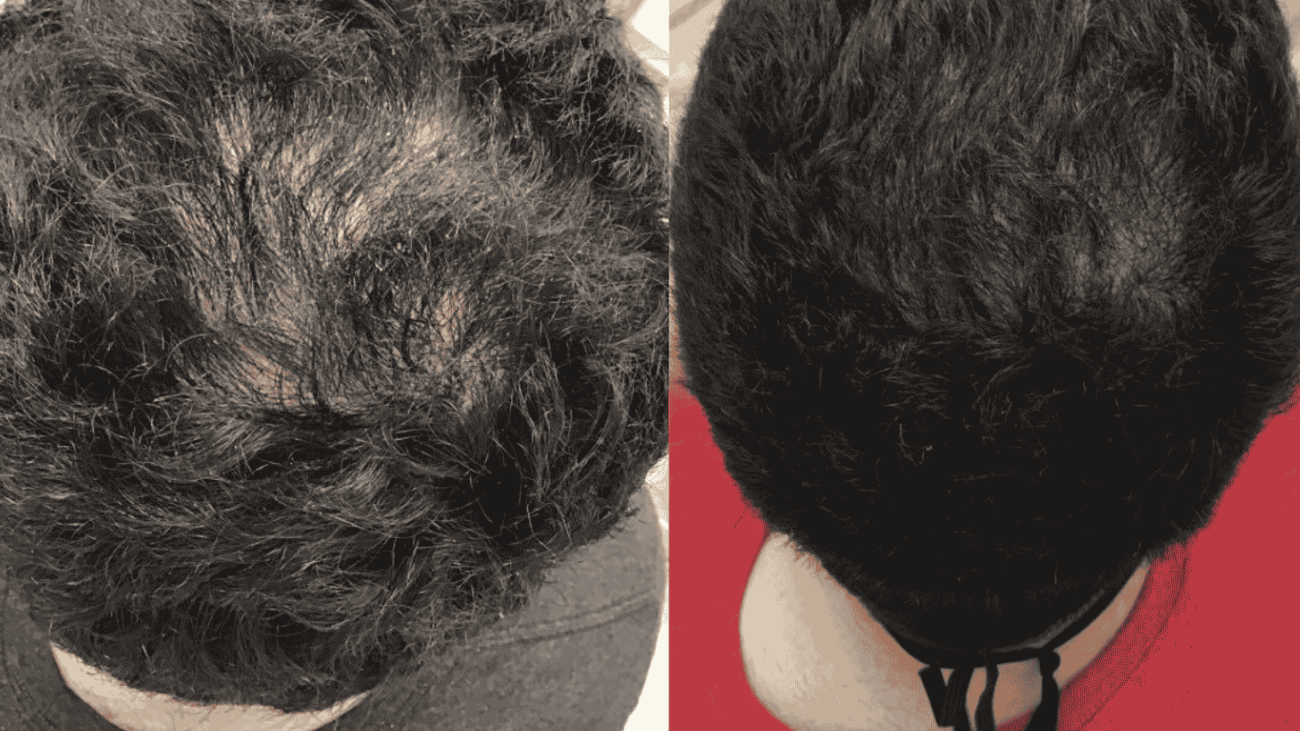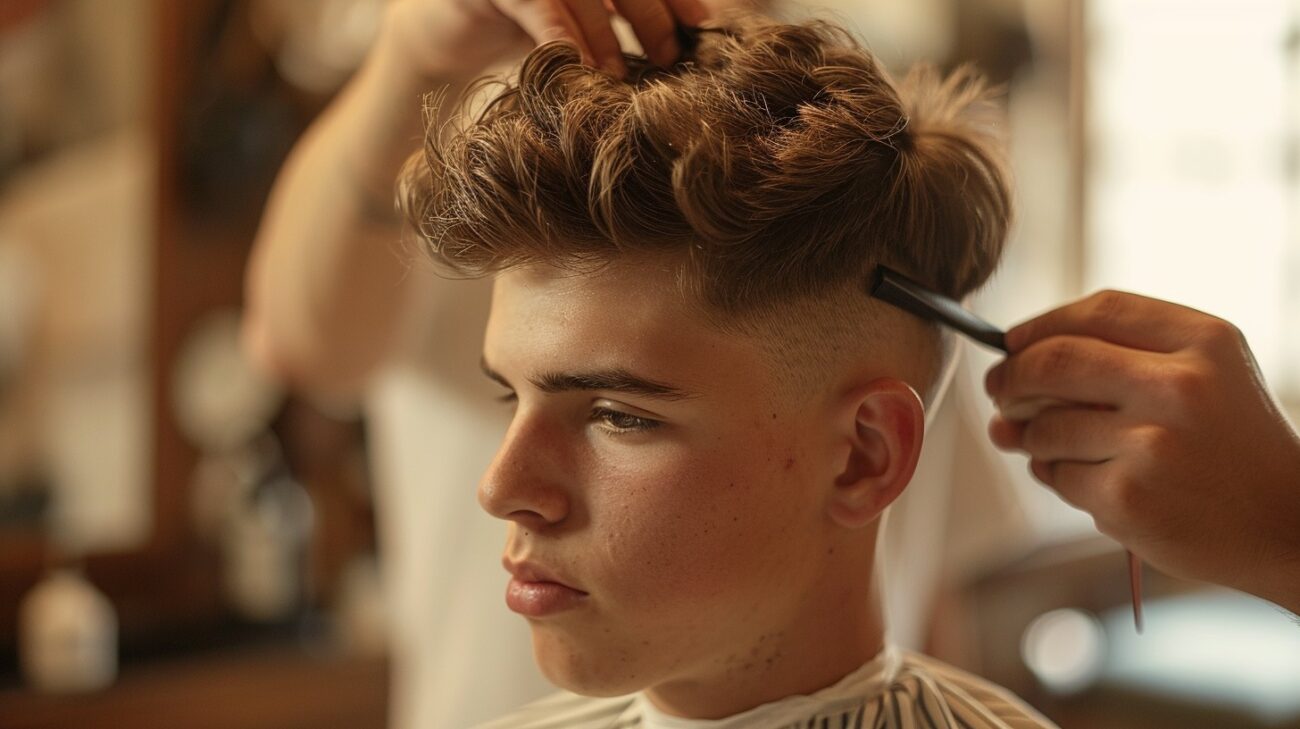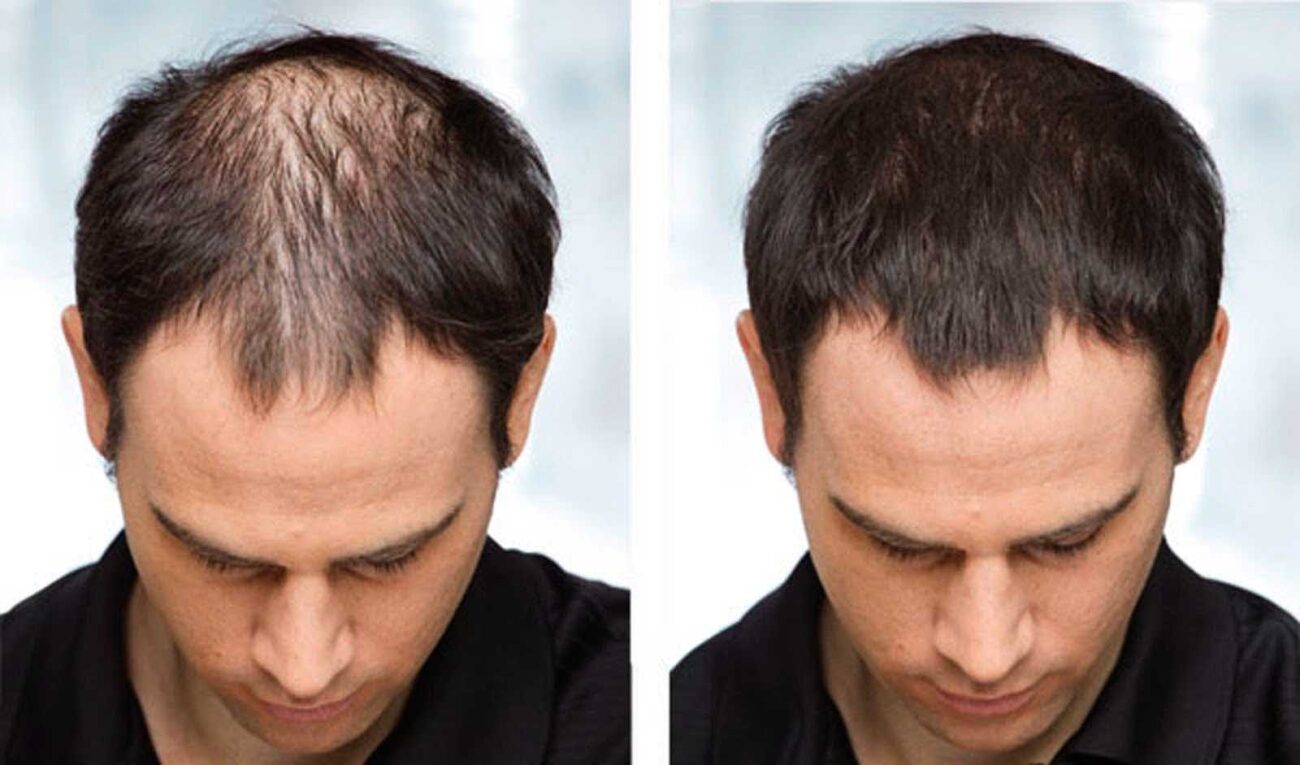Have you ever wondered why hair falls out and what common hair loss factors are? Chances are you ended up here because of the severe hair loss that you recently underwent. There are “N” number of reasons for hair fall. It could be nothing but because of simple stress or it could be genetic transfer. However, it is best to figure out sooner before it is too late. This blog is about the causes of hair loss and the best ways to prevent hair fall. Without further delay, let us get into it.
Understanding Hair Growth and Hair Fall
Before getting into the causes of hair loss, it is important to have a minimal understanding of how the hair life cycle works. The hair growth life cycle involves 3 phases, given here:
- Anagen Phase (Growth phase) - this is where hair is actively growing and it can last between 2 to 7 years
- Catagen Phase (Transition Period) - This short phase lasts about 2-3 weeks, where the hair stops growing and detaches from the blood supply.
- Telogen Phase (Resting Phase) - Lasting around 3 months. This phase is when the hair rests before eventually shedding to make room for new hair growth.
General Symptoms of Hair Loss
Check whether these symptoms occur to you.
- Excessive hair loss (over 150 hairs a day) from the scalp
- Hair loss from other parts of the body, apart from your head
- Thinning of hair on the head, especially the scalp
- A receding hairline
- An M-shaped pattern in front of your head, just above your forehead, leaving the crown of the head exposed
- Clumps of hair on your pillow
- Excessive hair loss while shampooing
- Extreme hair fall during brushing, combing and styling
- Witnessing hair fall even after changing the hair products
What are the causes of hair loss?
By doing in-depth research, we have segregated the major causes of hair loss and hair thinning which are given below
Lifestyle Factors
Doing anything and never catching a disease will be anyone’s dream! However, certain lifestyle changes can induce hair fall. Smoking affects blood circulation, including blood flow to the scalp. The lower the blood flow, the less likely hair is to be healthy. another enemy of healthy hair is alcohol consumption. Taking alcohol constantly and without limit leads to dehydration and malnutrition, both of which negatively affect hair health. Lack of sleep is a subtle villain which can disrupt the body’s repair process, including hair growth.
What should you do for a healthy head?
- Have a proper sleep
- Do workouts regularly
- Follow a balanced diet
- Do not smoke, take drugs, or alcohol
FAQ: Can we treat stress-related hair fall?
Yes, stress-related hair fall can often treated by managing stress and, in some cases, with topical treatments or supplements.
Medications and Treatments
You might be taking medications for some other health problem, but chances are they could be one reason your hair falls out. Drugs used to treat problems like.
- High blood pressure
- Arthritis
- Depression
- Heart problems
Often lists hair loss as a possible side effect. Besides this, chemotherapy and radiation therapy used in cancer treatment are well-known causes of hair loss as these treatments target quickly dividing cells, including those in hair follicles.
Stress and Psychological Factors
Nowadays, everyone undergoes stress, regardless of their profession. Yes, work pressure sucks! Having stress once in the blue moon is fine but when it prolongs, it can take a significant toll on your body. This includes your hair too. In a situation like that, all the stress piles up and pushes a large number of hair follicles into the resting phase, leading to visible hair fall. Psychological factors, such as anxiety and depression, can also worsen hair loss. When the body is continuously withstanding the stress, it concentrates on functioning heart and brain activity, leaving out non-essential factors like hair growth.
What should you do for hair loss caused by stress?
You already know the answer:
- Take breaks from a busy schedule
- Sleep for 8hrs (do not sleep late as it could affect hormones)
- Do yoga and meditation
Medical Conditions
Certain medical conditions can directly cause hair fall. Make sure you do not have these diseases, infections or disorders.
- Alopecia Areata - an autoimmune disorder where the body’s immune system attacks hair follicles which results in patchy hair loss
- Ringworm - the presence of ringworms in the scalp can also cause hair fall. Some natural ingredients can cure such infections.
- Lupus - an autoimmune disease similar to alopecia areate, that causes widespread hair fall.
- Alopecia universalis - is also an autoimmune disorder in which there is total hair loss all over the body, including eyebrows, eyelashes, and pubic hair. It is considered being the most severe form of alopecia (hair loss)
- Diabetes - a condition because of a lack of insulin hormone in the pancreas that breaks down complex sugar forms into simpler ones, which is essential for energy and nutrition.
If you have the listed medical conditions, which are common, you must seek a doctor and take the medications.
FAQ: Can hair fall be reversed?
Depending on the cause, some types of hair fall can be reversed, especially if caught early and treated appropriately.
Ageing and Hair Fall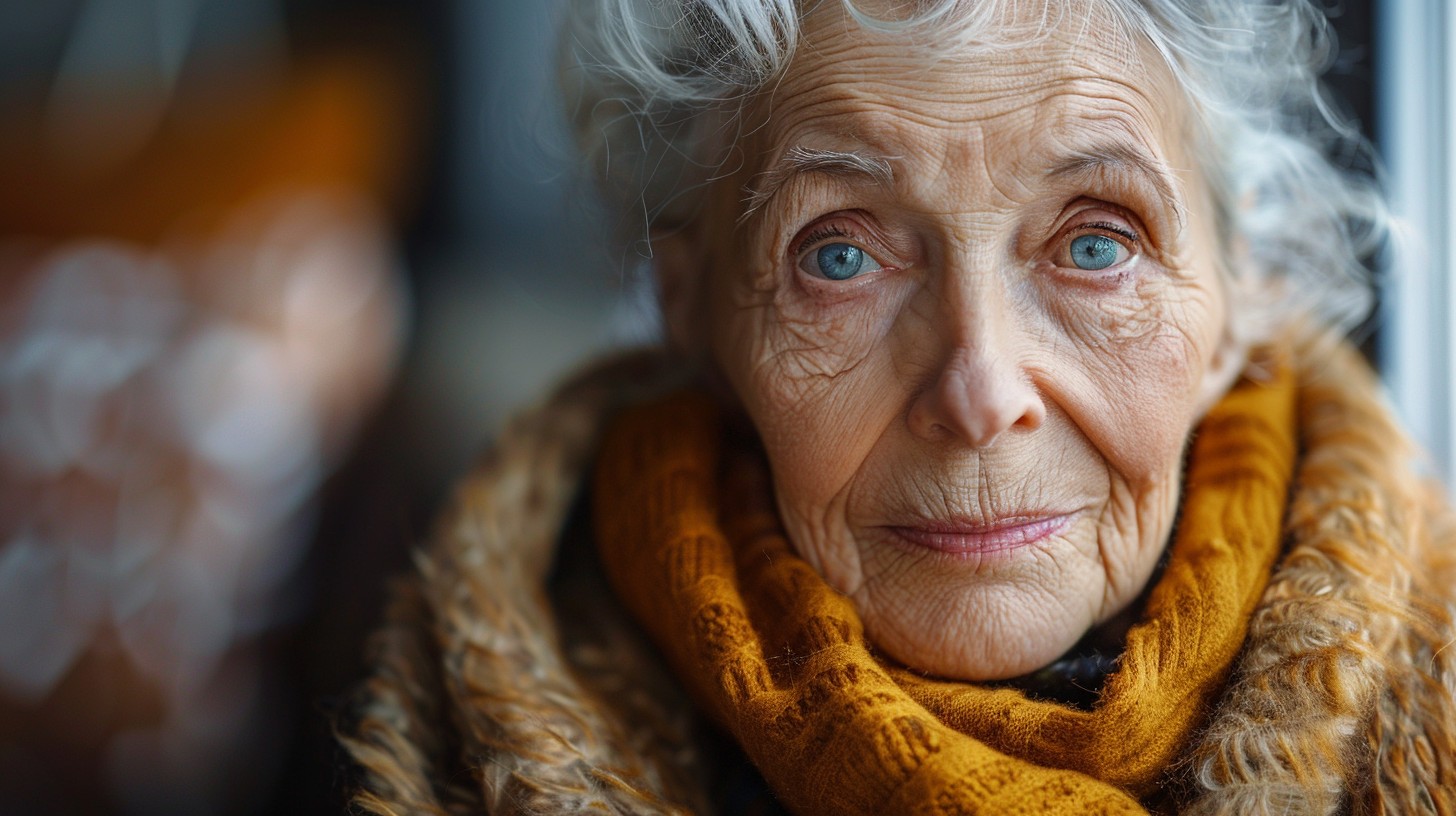
As we age, our hair naturally changes. The hair growth cycle slows down and the hair strands become finer and less pigmented which leads to grey hair. There will be a shrinkage in hair follicles that produce thinner hairs. This gradual thinning and loss of hair density are natural parts of ageing, though the extent varies from person to person.
By taking proactive steps, such as maintaining a healthy diet, managing stress, and practising good hair care, you can keep your hair looking its best for years to come. For more insights, read our previous blogs and check out top-branded products here.






